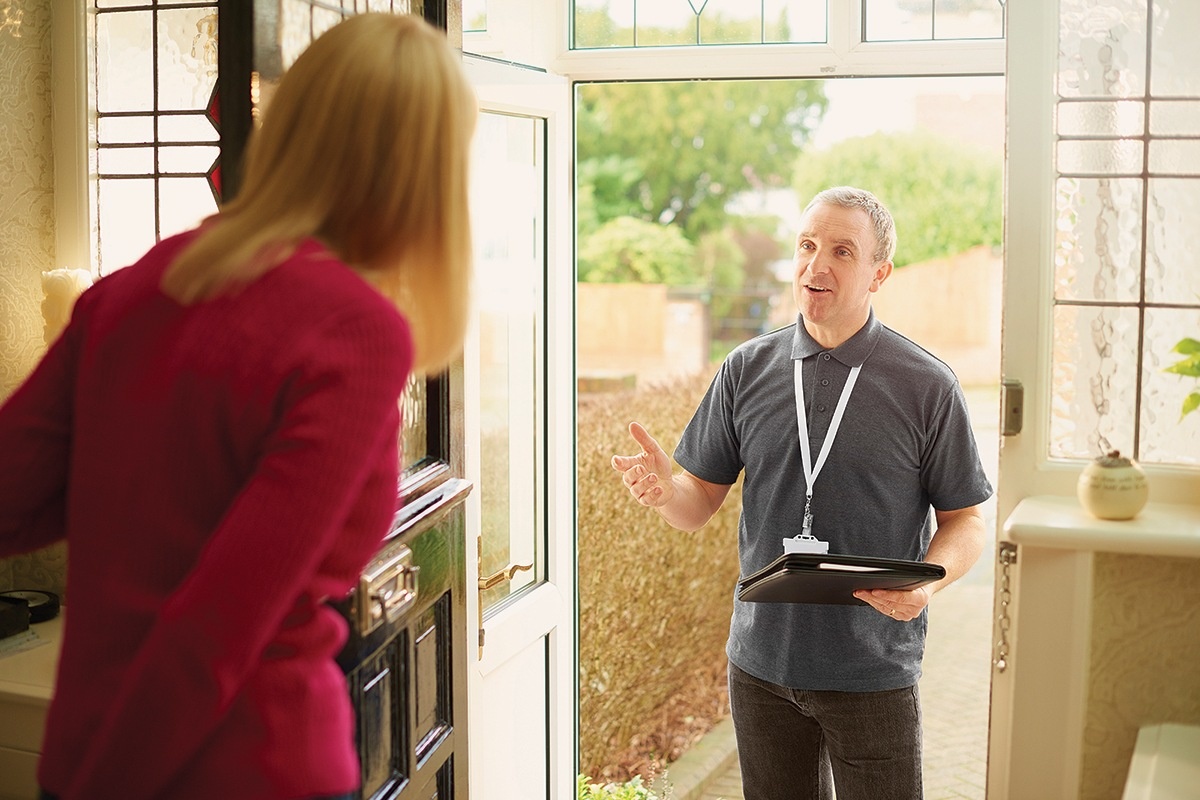Scams preying on electric cooperative members appear to be on the rise again. In several states, electric co-ops and other utilities are joining together to warn the public about phone calls, emails and visits from scammers.
Mechanics of a Scam
Here’s how a typical scam works: Someone impersonating an employee from an electric cooperative’s billing/collections department contacts a co-op member and claims the co-op has not received payment for the member’s bill. The caller threatens to shut off the customer’s electricity if payment is not received immediately. The member panics and figures out a quick way to pay, whether through a prepaid card, a money transfer, or giving the caller their bank account or debit/credit card information.
Any members who fall for such a scam—which can happen to anyone—are still responsible for their electric bills, in addition to having lost the amount they “paid” (and possibly much more, if they provided banking numbers or other personal information that thieves could reuse).
A Flair for Fraud
Scammers are becoming craftier and more tech-savvy by making it appear that they’re calling from local area codes or telephone exchanges. Some members have reported that their co-op’s name appeared on the caller ID, prompting them to take the call and believe the caller’s identity claim. It’s even been reported that some scammers have offered rebates for good payment history!
Co-ops around the country are seeing other types of fraud, too. In South Carolina, several co-op members reported a man wearing a co-op badge, claiming to be a solar provider working in partnership with the cooperative. The man, who drives a white, unmarked van, solicits members for appointments to discuss solar installations. This is how he gains entry to members’ homes.
The co-op warned its members via social media that it has no such partnerships with any solar providers, nor would its employees ask to enter a member’s home.
Where To Turn for Help
Public awareness and protection initiatives started by electric cooperatives and other utilities—such as the national coalition Utilities United Against Scams and Vermont’s new Scam Busters campaign—are using social media, local news and bill inserts to educate and protect members and customers by ensuring that they know what to do when thieves come knocking or calling.
During such a call, if co-op members are unsure about who is on the other end of the phone, they should neither make a payment nor give out any personal information. Instead, they should hang up on the caller, then call their electric cooperative and the police.
To avoid falling for scams, the Texas Attorney General’s office advises member-customers to remember three tips:
• If someone calls claiming to represent your local electric cooperative and demands immediate payment or personal information, hang up the phone and call the member service number listed on your electric bill.
• Do not give in to high-pressure calls seeking personal information. Never provide Social Security numbers, credit card numbers or bank account information to anyone who requests it during an unsolicited phone call or in-home visit.
• Never allow anyone into your home to check electrical wiring, natural gas pipes or appliances unless you’ve scheduled an appointment or reported a utility problem. Anytime co-op employees arrive at your residence, request that they produce proper identification before transacting any business.


